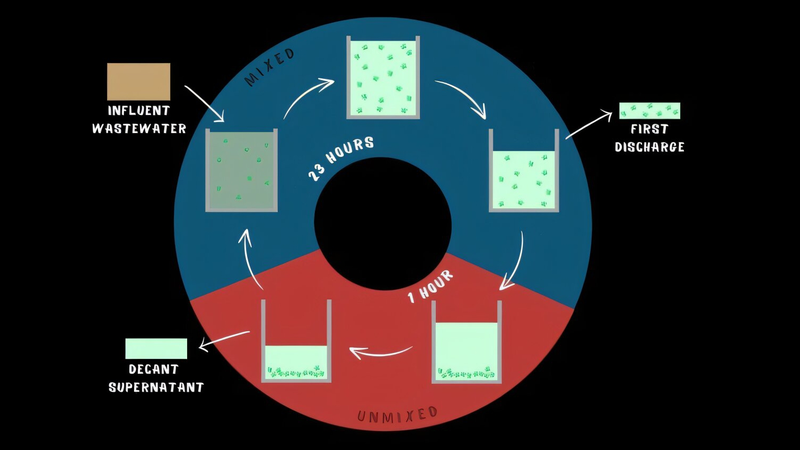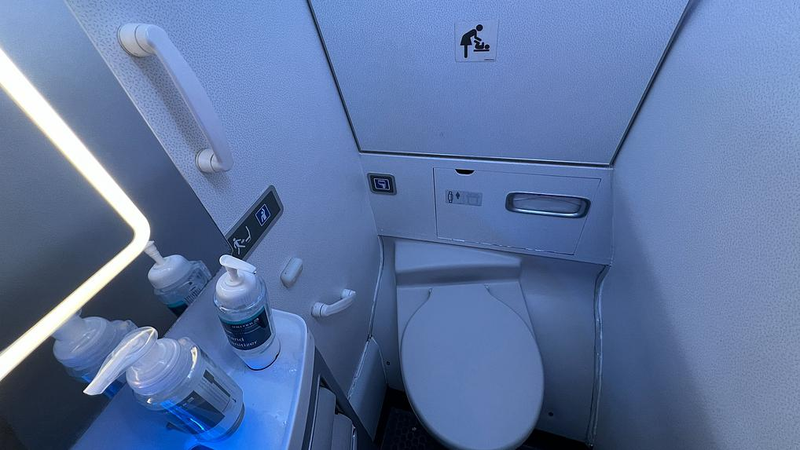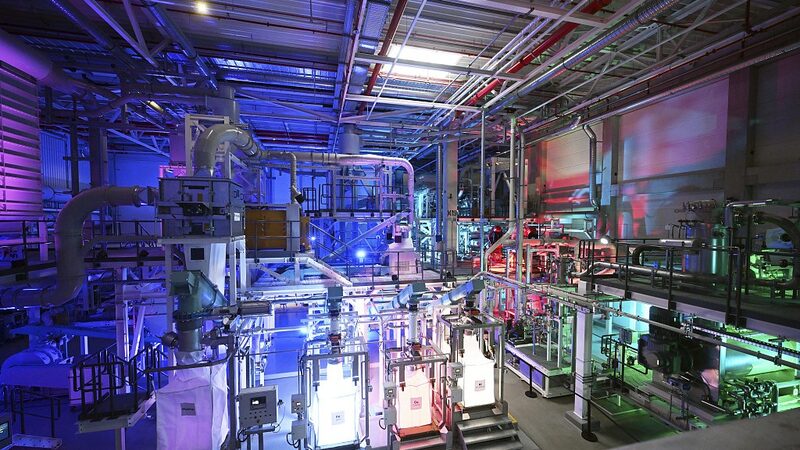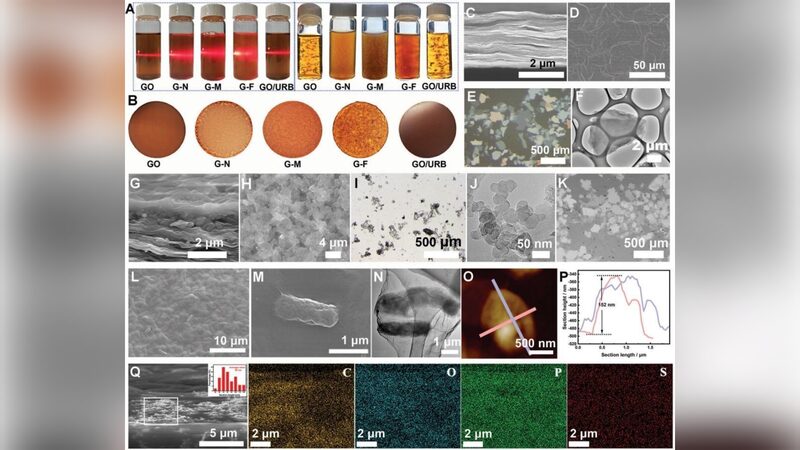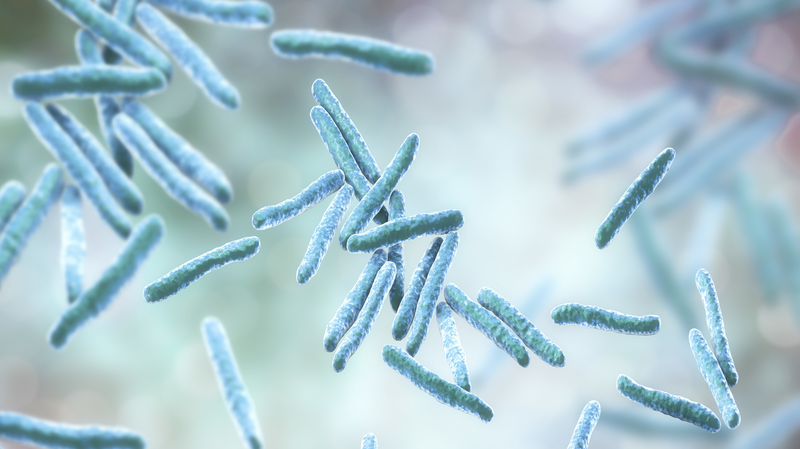In drought-stricken regions of South Australia, researchers are turning to an unlikely hero—algae—to address water scarcity. A team at Flinders University has developed enhanced high-rate algal pond (HRAP) systems using native filamentous algae, revolutionizing wastewater treatment for rural communities.
The innovative approach accelerates the removal of contaminants through algae-bacterial granules, producing cleaner water for irrigation and other non-potable uses. Unlike traditional sewage systems, HRAP technology operates with low-energy paddlewheels, making it both cost-effective and environmentally sustainable.
"This method creates dense biomass that settles quickly, significantly improving water quality," explained Sam Butterworth, a PhD researcher leading the project. Local councils have already begun implementing these systems, which could reduce reliance on freshwater sources in arid areas.
Current trials at a South Australian treatment plant focus on optimizing biological processes through sequencing batch reactor technology. If successful, the model could be scaled globally without requiring major infrastructure investments—a potential game-changer for water-stressed regions worldwide.
Reference(s):
Researchers use algae to recycle wastewater in drought-hit regions
cgtn.com
